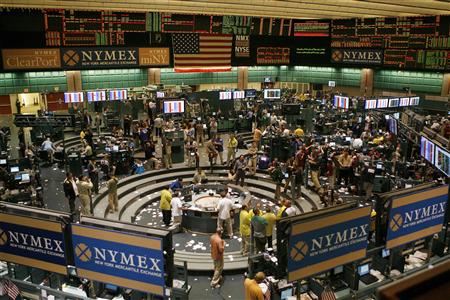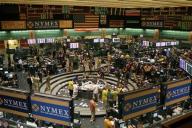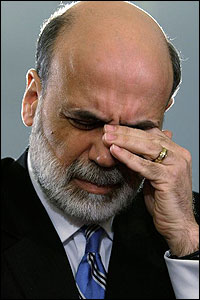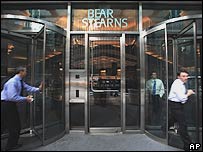Wall Street is bracing for regional and small banks to fess up to large losses from their mounting volume of soured construction loans made primarily to home builders.
According to the Federal Deposit Insurance Corp., $45.4 billion of the $631.8 billion in construction loans outstanding at the end of the first quarter were delinquent. When banks announce second-quarter results in coming weeks, they are expected to report sharp increases in loans that builders can’t repay. Banks are also facing intensifying pressure from federal and state regulators to deal with the problem loans on their books.
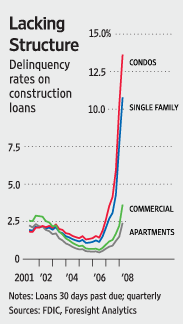
WHICH BANKS WILL FEEL THE PAIN?
See a sortable list of small and regional banks with sizable exposure to construction and land loans and with notable delinquency rates.
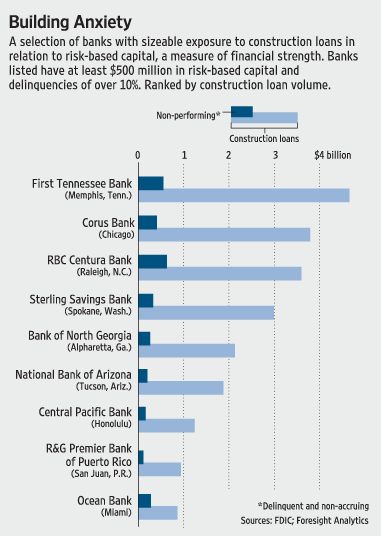
That will put additional pressure on an already stressed financial system. Banks have begun to dump bad construction and land loans at discounts, curtail new lending and halt construction projects that are under way to preserve capital. Some analysts even see a wave of bank failures as a possibility.
Read moreSmall Banks: Billions in Troubled Construction Loans
